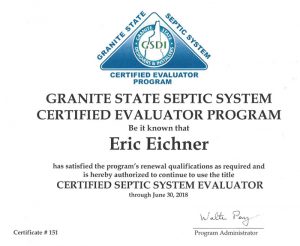SEPTIC TIPS AND POINTERS
Don't flush cigarette butts, "flushable" wipes, cotton swabs, cat box litter, sanitary napkins, tampons, disposable diapers, condoms, chemicals, paints and other non-biodegradable or toxic products into your system.
Even the "water soluble" paints are non-biodegradable.
Tanks generally should be pumped at least once every three years. This will help reduce the rate at which the system will age.
This will keep the disposal area from becoming saturated.
... and keep the area mowed to reduce the chance of root invasion.
This is to prevent soil erosion.
Waste from garbage disposals does not contain enzymes and bacteria making it much harder for the bacteria in the tank to fully break these items down.
Damage to system components may occur.
This introduces additional water into the system and in some cases a salty brine which retards bacterial growth.
Damage to system components may occur.
... by reducing the amount of wastewater that must be treated and disposed of. Septic systems do not have unlimited capacity. Residential septic systems are designed to handle limited amount of waste water per bedroom per day. Overloads can occur seasonally or daily.
Installation of a riser over the tank provides easier access for inspection and pumping. Don't cover the septic tank or effluent disposal area with asphalt or concrete
Don't attempt to repair a system yourself. A repair permit may be needed from your local health department.
It is important the system is repaired/replaced promptly & properly to minimize the health risk to your family, the community, and the environment.



